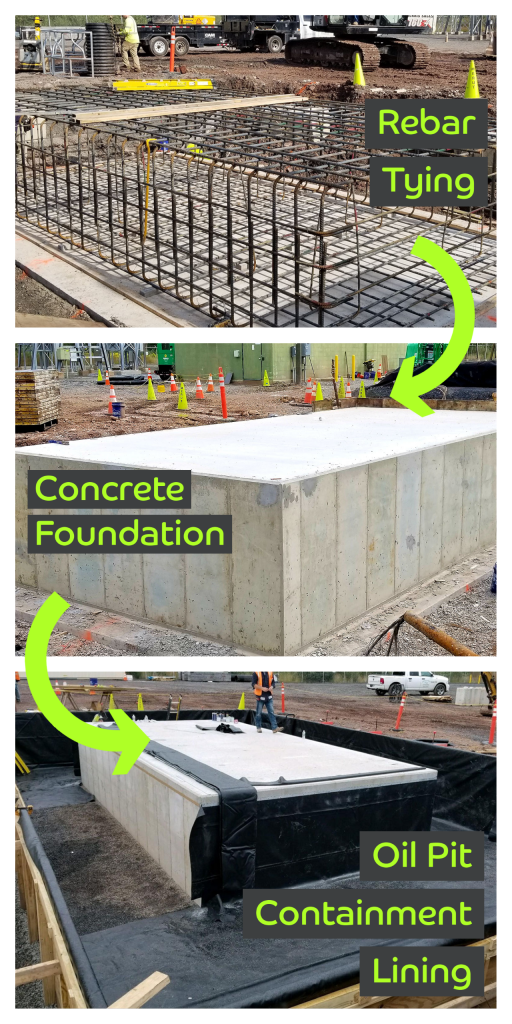Авг . 17, 2024 10:07 Back to list
Innovative Concrete Formwork Solutions for Efficient Slab Construction in China
The Role of Formwork in Concrete Slab Construction in China
In recent years, China's rapid urbanization and industrial growth have led to an unprecedented demand for efficient and innovative construction methods. Among the various techniques employed in modern construction, the use of formwork for concrete slabs has become a critical aspect. This article delves into the significance of formwork in concrete slab construction, emphasizing its types, advantages, and impact on the construction industry in China.
Understanding Formwork
Formwork is a temporary or permanent mold used to hold concrete in place while it sets and gains strength. It defines the shape and surface finish of the concrete element. In the context of concrete slabs, formwork provides support and containment for the wet concrete mixture until it cures properly, ensuring that the slab achieves its intended design and structural integrity.
Types of Formwork
In China, two primary types of formwork are commonly used for concrete slabs traditional timber formwork and modern modular systems
.1. Traditional Timber Formwork This method utilizes wooden panels that are custom-built on-site. While it offers flexibility in design, it can be labor-intensive and time-consuming. The dependency on skilled labor and the potential for wood waste can lead to increased project costs.
2. Modular System Formwork Also known as engineered formwork, this type includes prefabricated panels that can be easily assembled and disassembled. These systems are made from materials such as steel or aluminum and are often more durable and reusable than timber. Modular formwork allows for rapid construction and reduces the labor required on-site.
china formwork concrete slab

Advantages of Using Formwork
Formwork brings several advantages to concrete slab construction. Firstly, it enhances construction efficiency. Using modular systems can significantly reduce the time needed to set up and remove forms, thereby accelerating project timelines. This efficiency is vital in high-demand areas, where time is often a critical factor.
Additionally, formwork contributes to the safety and quality of the construction process. It ensures that concrete slabs are poured at the correct thickness and alignment, which helps maintain structural integrity. Proper formwork can also minimize defects and rework, leading to a more sustainable construction process.
Moreover, modern formwork systems allow for the incorporation of various design elements and finishes, accommodating aesthetic requirements as well as functional needs. This versatility is particularly important in urban areas, where architectural designs are becoming increasingly sophisticated.
Environmental Considerations
With growing concerns about sustainability, the construction industry in China is increasingly focusing on environmentally friendly practices. Modern formwork systems, especially those that are reusable and made from recyclable materials, are more aligned with sustainable development goals. By reducing the amount of waste generated on construction sites and maximizing resource utilization, these systems contribute positively to the environmental impact of building projects.
Conclusion
The role of formwork in concrete slab construction in China is multifaceted. It not only provides the necessary support for curing concrete but also enhances efficiency, safety, and quality. As the construction landscape continues to evolve amidst rapid urbanization, the adoption of advanced formwork technologies will likely keep pace. Ultimately, investing in innovative formwork solutions will be crucial for the future of construction in China, addressing both the demands of the market and the imperatives of sustainable development. With ongoing advancements in materials and technologies, the future of concrete slab construction in China looks promising, making formwork an indispensable element in this transformative process.
-
H20 Timber Beam Enhanced with GPT-4-Turbo AI Design
NewsAug.01,2025
-
Premium Timber Beam H20 | Strong & Durable Construction
NewsJul.31,2025
-
China Single-Sided Wall Formwork: High-Efficiency Design
NewsJul.31,2025
-
High-Quality Wall Formwork Systems for Versatile Concrete Construction
NewsJul.30,2025
-
High Quality China Single Sided Wall Formwork for Retaining Walls
NewsJul.30,2025
-
China Single Sided Wall Formwork Manufacturer for Retaining Walls
NewsJul.29,2025